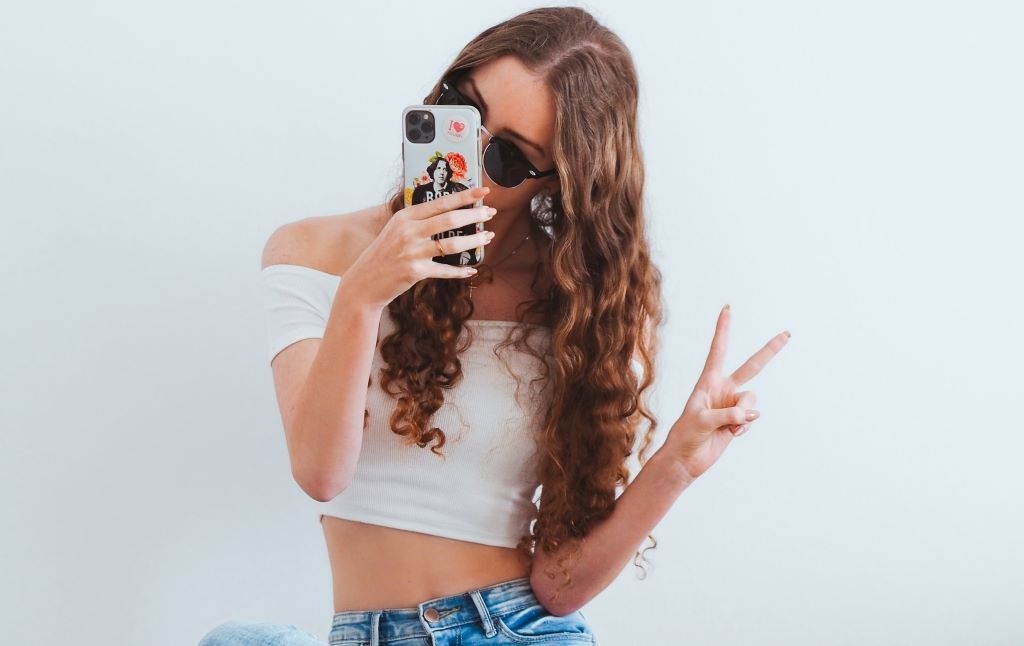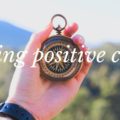
As humans, it is in our nature to compare ourselves to others. Such comparisons allow us to evaluate our achievements and can influence how we view ourselves as individuals. However, the amount of comparing we do can affect our mental health and well-being. Social comparisons help us to form our social circles; we are naturally drawn to those whose backgrounds and environments are similar to our own. However, comparing yourself to others at a party does not necessarily have the same effect as comparing yourself to others on Instagram. It is easier to portray an exciting existence and elaborate lifestyle on social media platforms than to charm your way through a crowded room. It is no secret that first impressions reign supreme, but in the age of the influencer, some engaging visual content can help to cut some social corners.
The advent of social media allows us to share content where we consistently appear in our best light, and living our best life can be equally as damaging to the viewer as it is to the creator. In addition, the thirst for social approval is problematic, and the hunger for superficial connections can be isolating. Quite frankly, we are a generation that seeks self-justification from strangers, and the likes and followers often determine self-worth through our social channels.
Research shows that the more time people spend on Facebook and Instagram, the more they compare themselves socially. Unfortunately, this social comparison is linked to lower self-esteem, social anxiety, and poor social skills.
Sharing content that makes us feel good about ourselves and generates praise from others is pleasant. Still, you have to consider the effect of these posts on others and also take into consideration the message you are trying to convey.
Social media may have its fair share of cautionary tales and dangers, but that’s not to say it doesn’t come with its fair share of positives, too. For example, earlier this year, I was granted the most luxurious gift of all; time. Due to my husband’s work commitments, we relocated to Cyprus. For the first time in over a decade, my days weren’t spent juggling work and kids, so I decided to invest in myself and further my education as a mature student. Ironically, digital marketing was my subject of choice. So, it can’t be all doom and gloom.
Social media and technology offer us time-saving convenience and priceless connectivity. Staying connected with friends and family worldwide in real-time, quick access to information and research, cost-effective opportunities for business owners, online learning, remote employment, fundraising and involvement in charitable engagements.
In hindsight, social media should be a positive space that you can exist in safely and happily, just like you should in the real world. It can sometimes be challenging, but there are also options to mute connections, so you can opt-out of seeing content that doesn’t positively influence you without completely disconnecting. Of course, limiting how often you use social media isn’t always realistic, but changing our behaviour while we are on it can be a positive step.
With all of its benefits, social media presents various potential issues. Social media itself is not the problem. It is how people use it in place of authentic communication and in-person interaction. Social media-related apps even provide tools that allow people to earn others’ approval for their appearance by paying for followers and likes. These frivolous priorities are the most troublesome, as they are often associated with body image issues, something I feel we can all relate to.
This false virtual reality has also affected today’s beauty standards. I pity today’s teenage girls, for they are programmed to believe that self-worth and success are achieved through unrealistic aesthetic enhancements, unattainable lifestyles and meaningless external relations. The selfie addicts and people who spend most of their time posting and scrolling are the most vulnerable to this. Teenage girls who regularly use visual platforms will likely link their self-worth to their looks. That doesn’t mean that the main problem is social media; it only provides a medium for it, further elevating the issue. It’s a vicious circle, as it unknowingly promotes this ideology to others.
So, what can we do to manage the downsides of social media? I think it all depends on how impressionable one is. We could start by asking ourselves how social media makes us feel and behave and decide whether we need to limit our exposure to social media altogether. Blaming social media for our behaviour however, is no different to blaming a car for exceeding the speed limit. Making account modifications is more realistic than deactivating an account in the age of technology.
Knowing how social media affects our lives, we might limit interactions to those that support real-world relationships. Instead of lurking through a never-ending body of posts that can make us feel bad, we can start asking important questions, like “What is my purpose here?” and “What is this virtual realm doing to my mental well-being?”.
Technology is the future, and we should navigate this opportunistic era to our advantage. A double-edged sword; for every benefit I’ve listed, one will find an equal or more significant amount of disadvantages. There are predators with instant access, social platforms can keep you from interacting with your family, and mass media can influence us for the worst. But modern times have shown us that if we look at technology with informed eyes and apply it correctly, it can improve the quality of our lives and tear down the barriers and insecurities that have haunted us.
Do you have an experience you’d like to share with us at Wham, either in your name or anonymously? We’d love to hear from you! Contact us or send us an email at [email protected]

Chloe is a creative writer and content creator with a background in food and hospitality. An avid reader, she is interested in diverse topics, including social dynamics, food and beauty. Hobbies include animal welfare, fashion and cosmetics, home decor, and psychology. Highly imaginative, sarcastic and outspoken, she believes in the importance of finding humour in everything.





